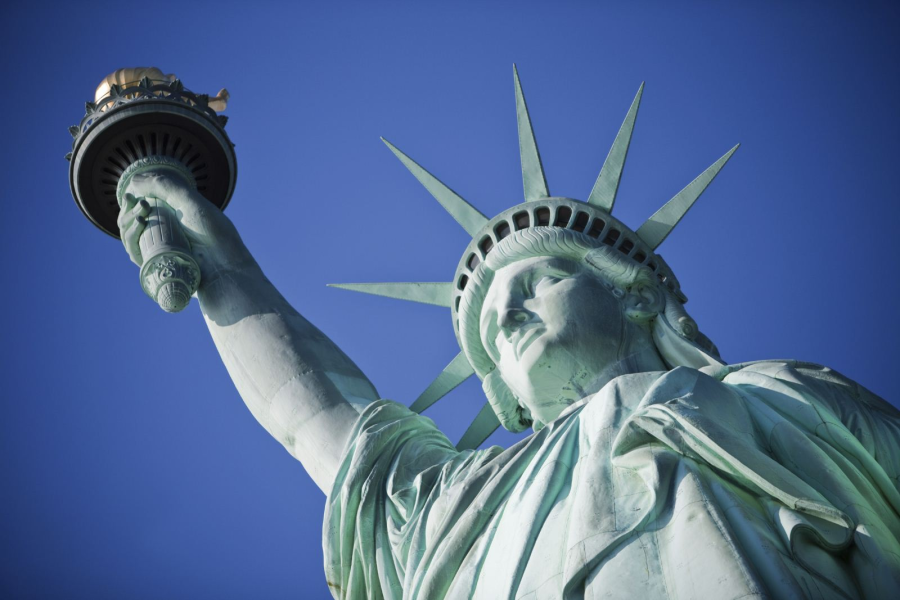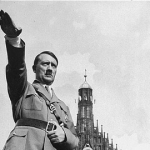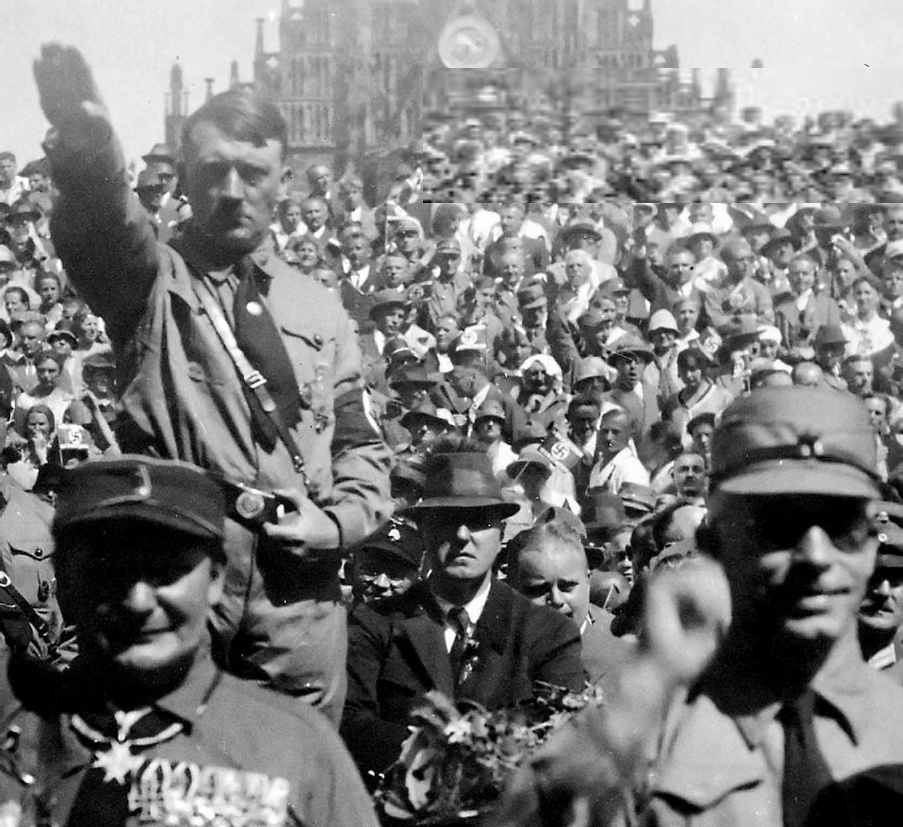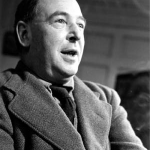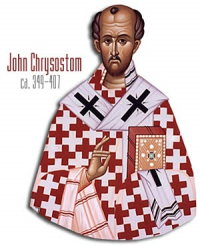
Deprecated: trim(): Passing null to parameter #1 ($string) of type string is deprecated in /home/aoiusa/public_html/wp-content/plugins/sexybookmarks/public.php on line 388
Deprecated: trim(): Passing null to parameter #1 ($string) of type string is deprecated in /home/aoiusa/public_html/wp-content/plugins/sexybookmarks/public.php on line 394
Deprecated: trim(): Passing null to parameter #1 ($string) of type string is deprecated in /home/aoiusa/public_html/wp-content/plugins/sexybookmarks/public.php on line 400
I love my country and over twenty years ago I wrote an essay expressing my gratitude to her. It was one of the first pieces I every published and describes immigrating to America when I was a young boy.
May God this great country from those who would do harm both within and without.

“Wake up,” my father whispered. “We’re almost there.”
It was a cold March morning. I was six years old. My family was sailing from The Hague, bound for New York,a single Dutch family aboard a ship crowded with Hungarians in exodus from their abortive revolution.
The voyage had been thrilling, at least to the wide eyes of a six-year-old. My parents, my two sisters, my brother, and I had spent the trip in a cabin the size of a small bedroom, but I had enjoyed virtual free run of the ship and its seemingly endless maze of hallways. We roamed for hours at a time, peering behind each open door. Occasionally, a Hungarian family would invite us into their cabin. There we would sit, not understanding a word that was spoken, but basking in the warmth of welcoming smiles.
One night, during a storm, the steamer’s engine failed. The ship began to drift. My father took me to the bridge, where we watched the great waves slam rhythmically against the bow, the ship lurching high on the crest of each mountainous wave and plummeting deep into the valley of the next.
The ship was tempest-tossed. Crew members raced about hauling huge coils of rope, with which they secured everything that wasn’t nailed down. Many of them disappeared into the cavernous dining room; I decided to investigate. Behind the dining-room door I saw the largest web of rope ever spun. Chairs were tied to tables, tables to walls. Nothing moved.
That night, the crew issued sideboards and harnesses to every family. I wore a harness, which was dipped to the cabin wall to keep me from being thrown out of my bunk as the ship heaved and rolled.
The storm lasted but one day; the rest of the voyage was calm and uneventful. Yet aboard that ship was a pervasive sense of uneasiness, loneliness, even anguish, all of which, I now realize, had less to do with fear of the sea than with the violent uprooting of lives, and with the uncertainties awaiting us in our new lives and new country.
My parents had been deeply shaken by the horrors of World War II: the havoc wrought by conquerors and liberators alike, the occupation of their homeland, the barbarism of Hitler’s “final solution” for their Jewish friends and neighbors. My father had served in the Dutch resistance movement, had for a time been imprisoned in a concentration camp from which he escaped.
Eleven years after VE Day, he led his family to America not so much in search of a better life as in flight from a life that had lost its loveliness.
I shivered as I stood on deck beside my father. It slowly dawned on me that we had entered New York harbor, that this day was to be the last of our voyage. I listened to the blasts of foghorns and the chugging of tugboats. The harbor was shrouded in late, winter fog. America, it seemed, was to be a gray, wet world. My father pointed to a faint shadow in the distance.
“There it is,” he said. “It” materialized out of the fog, an enormous statue of a woman holding a torch. “It’s the Statue of Liberty,” my father said. “Always remember this, because it’s important.”
Liberty. Justice. Equality. A six-year old does not understand such words. He does not know that history bears witness to but a precious few societies that have nurtured such principles, and to a tragic many that have mocked them. What he does understand is that when his father tells him something is important, it usually is. And so I have remembered.
Last summer, I saw the Statue of Liberty again, in the company of my wife and my parents. We took a ferry from Manhattan. As it pulled away from the pier, I climbed alone to the uppermost deck and stood among the sightseers. En route to my perch, I heard at least seven different languages.
Our first years in America were difficult, although we children never really knew it. We adapted swiftly, learning English in about one month by playing with the other children in our neighborhood. By 1962, my parents, too, had made a home of their new country, and we at last settled down in suburban Eden Prairie, Minnesota. That same year, we became American citizens. Now I stood once again on the deck of a ship, amid foreigners speaking strange tongues and staring in awe at the Manhattan skyline and the world’s most potent symbol of freedom and new beginnings.
The great lady seemed remarkably unchanged by the years, or by the remarkable changes I have undergone. She remains an imposing figure, and a graceful one. Her robes cascade like a waterfall; her torch is held confidently high; she is frozen in mid-step, a portrait of resolve. (Physically, the years have been something of a trial for Liberty; she is now undergoing a two-year restoration.)
As we docked at Liberty Island, I rejoined my wife and my parents. We climbed to Liberty’s crown (an exhausting but inspiring exercise that yields one of the best views of the city), then went to visit the museum at her feet.
The museum is one large, winding hallway that chronicles the history of American immigration. The forced immigration of millions of black Africans (a disgraceful episode of which only a free society would dare remind itself) is reviewed first documented with slave ship drawings and diagrams, handcuffs and chains, personal histories.
Farther on, we came upon the area devoted to the great European migration. Between 1840 and 1940, more than 34 million Europeans resettled in the United States – the greatest migration of human beings in history. America allowed unrestricted immigration until 1921; since then, we have become ever more selective about who may enter.
The pictures that hang from the museum’s walls show hundreds of weary immigrants passing before the watchful eyes of doctors and Customs officials. In 1915, my wife’s Greek grandmother limped past those doctors. They stopped her, and refused her entry until her brother explained that her affliction was the legacy of a childhood accident, not a congenital defect. Others were less fortunate. When officials rejected a would be immigrant, families were confronted with a soul-shattering choice: to abandon their dreams of a new life, or to send a loved one back home, alone.
The photographs tell a dramatic story Immigrants hobble wobbly-legged down gangplanks, carrying everything they own in one suitcase. Many wear their best clothes; this is the most important day of their lives. Nervousness and worry crease many faces. Most of them have no friends in America, and no relatives, and nowhere to go.
Our stroll through the museum was solemn and, for the most part, silent. There is very little that one can say when confronted with the sort of courage illustrated there — especially when one has experienced the immigrant’s fears, confusions, and second thoughts firsthand.
Back on the ferry I asked my father if he remembered leading me onto the deck that cold March morning. Stupid question. My thoughts turned to my kinship with the millions of others who passed through these waters before me, the millions who have followed me, and the millions more who still dream, often in vain, of a new life in a new land.

This article was published in Twin Cities Magazine. It was written before the Statute of Liberty Museum was moved to Ellis Island.

